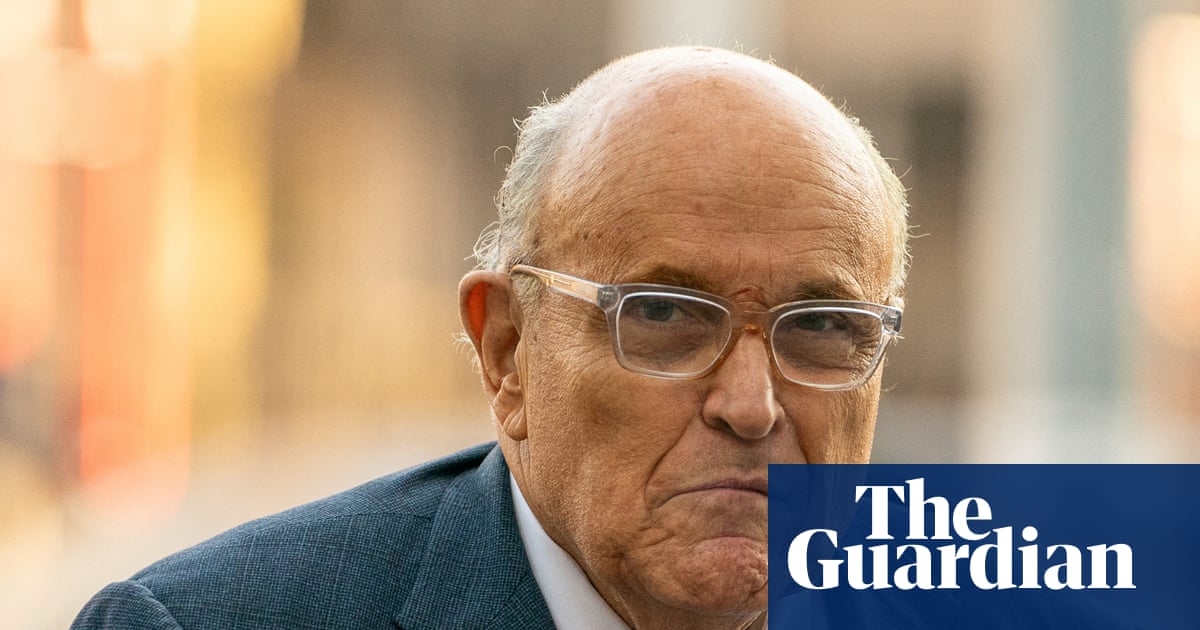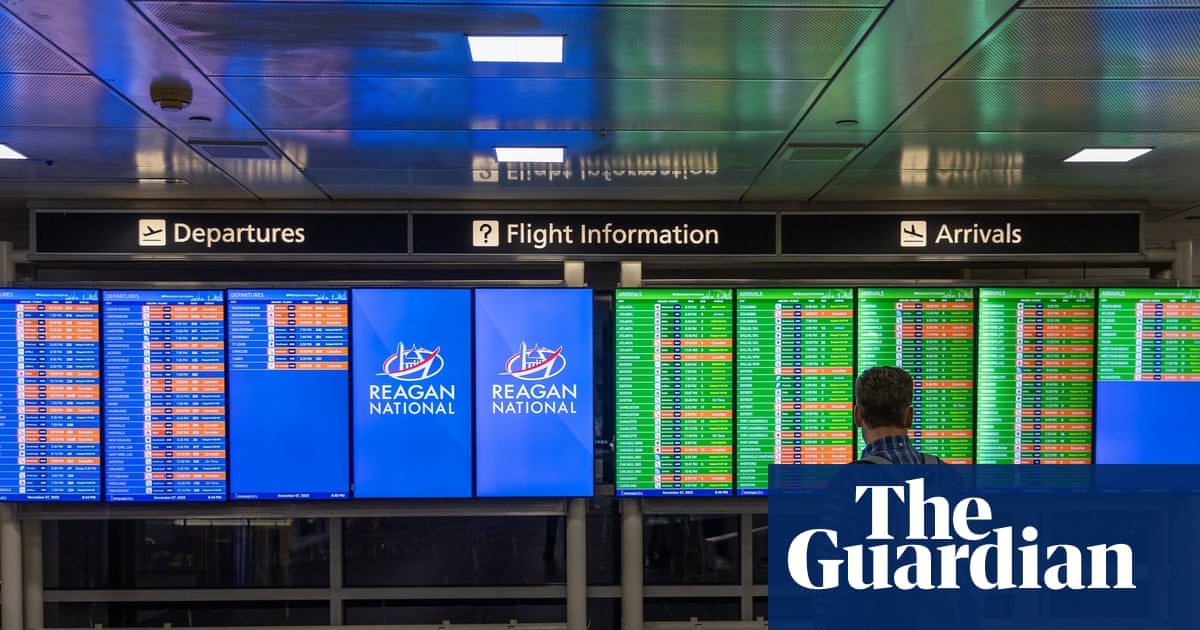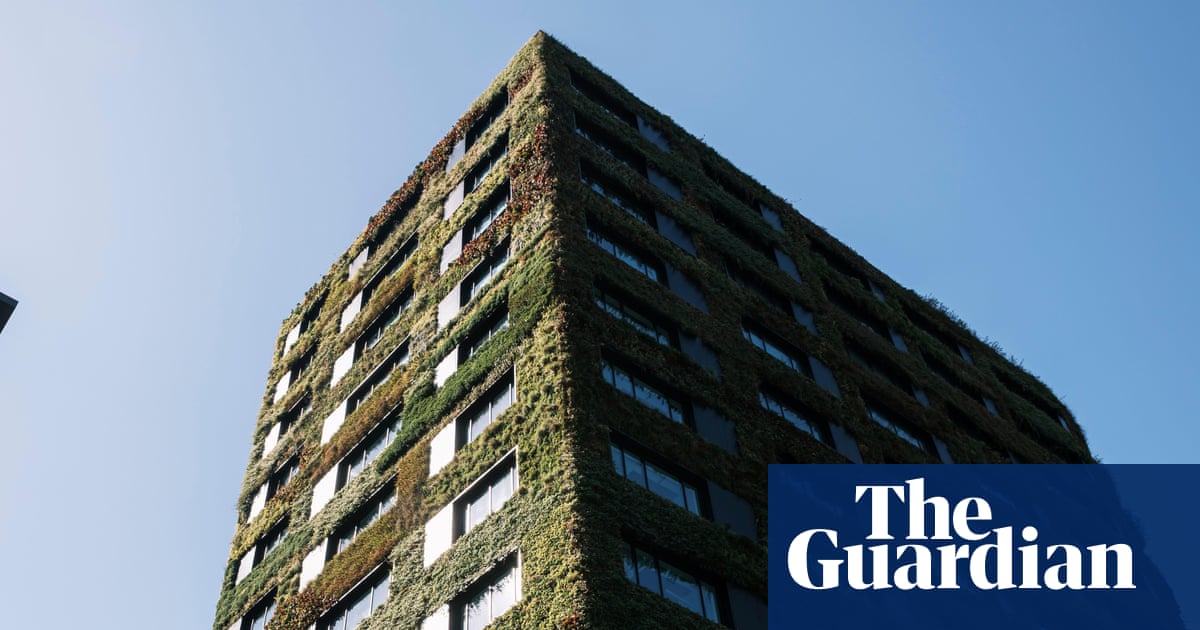SÃO PAULO — Gavin Newsom is about to take the stage at a global climate summit where world leaders are scarce — and a turn in the spotlight is wide open.
The California governor's task at United Nations climate talks in Belém, Brazil, this week isn’t to negotiate sweeping policy changes or break into closed-door talks reserved for nations. It’s to put on a show: proving his state is still cutting emissions despite President Donald Trump’s rollbacks, nudging governments and businesses to do the same, and reminding the world that the U.S. might one day pick the climate agenda back up — perhaps under a President Newsom.
Newsom kicked off his trip on Monday in São Paulo, where he told an investors summit hosted by the Milken Institute that the Trump administration was doing “everything to vandalize California's leadership in this space, and they've been reasonably successful in nine and a half months to put a lot of sand in the gears. That said, we continue to persist, and we continue to thrive.”
“The reason I’m here is the absence of leadership coming from the United States,” he continued. “There is a different picture that we can paint subnationally.”
It’s a well-rehearsed role for California, which has staked out a leading role in international climate diplomacy for decades under both Democratic and Republican governors. The Trump administration’s dismantling of climate policies to favor oil and gas interests — and planned absence from the Brazil talks — only give California more space to fill, said former Gov. Jerry Brown, who got a hero’s welcome himself at the United Nations climate talks in 2017, the first year of Trump’s first term.
“Trump, he's saying one thing,” Brown said in an interview. “Newsom is saying something else, very important.” The impact, he said, will be determined in Belém. “That's why it's exciting. There's not an answer yet.”
The conflict was already taking shape last week. At an energy conference in Greece, U.S. and Greek officials touted a new deal for Exxon Mobil to explore drilling in the Mediterranean, with U.S. Interior Department Secretary Doug Burgum saying, “there is no energy transition, there is just energy addition.” In Brazil, meanwhile, Colombian President Gustavo Petro called for an economy free of oil and natural gas during an opening speech to the climate talks, saying, “Mr. Trump is against humankind.”
That gives Newsom an opening — and also presents a risk. Where Brown led a coalition of states eager to demonstrate continued commitment on climate in Trump's first term, Newsom will arrive in Belém, near the mouth of the Amazon River, at a time when U.S. politics are tilting rightward and even Democrats are pulling back on embracing climate policies.
California’s own claim to climate leadership has also lost some shine. Trump laid waste to its nation-leading vehicle emissions standards, getting Congress to overturn them in June, and state regulators have yet to propose making up the emissions losses. Other blue states were already getting cold feet about following California's rules, citing the cost of switching to electric vehicles and equipment. Newsom himself has backtracked on some policies, including a profit cap on refineries, an acknowledgment that high gas prices are a liability. And while the state has met its own emissions targets so far, it was off track to meet its 2045 carbon neutrality goal even before the federal government began attacking renewable energy.
Newsom argues that Trump’s policies are hurting competitiveness. “China is sprinting ahead on clean energy to a scale and degree that I don't think most Americans fully appreciate, and I'm deeply worried about how they will outpace this country and how we may not be able to catch up,” he said.
Amid his feuding with Trump and the passage of a nationally watched gerrymandering campaign benefitting Democrats, Newsom’s profile is soaring. He headlined a rally in Texas over the weekend and is rising on presidential primary shortlists.
White House spokesperson Taylor Rogers declined to comment on Newsom's attendance at COP but pushed back on his embrace of low-carbon energy.
“President Trump will not allow the best interest of the American people to be jeopardized by the Green Energy Scam," she said in a statement. "These Green Dreams are killing other countries, but will not kill ours thanks to President Trump’s commonsense energy agenda!”
There’s little Newsom’s team, which includes ex-State Department climate negotiators, can actually do to influence the closed-door talks reserved for countries. Instead, the team is focusing on expanding its list of voluntary bilateral or multilateral agreements with other subnational and national governments, some of which have been purely symbolic and some of which have led to research and policy exchanges. Among the most substantive are agreements with Chinese provinces, some dating back to Brown’s time but which paved the way for Newsom to take a headline-generating trip to China focused on climate change in 2023.
Now, amid his feuding with Trump and the passage of a nationally-watched gerrymandering campaign benefitting Democrats, Newsom’s profile is soaring. He headlined a rally in Texas over the weekend and is rising on presidential primary shortlists.
Newsom’s agenda in Belém includes a first-ever meeting with Jochen Flasbarth, Germany’s Secretary of Environment, Climate Action, Nature Conservation and Nuclear Safety, on Tuesday. The two are expected to discuss and renew a climate agreement their predecessors first signed in 2017. Newsom is also scheduled to meet with Thekla Walker, the environment minister for the German state of Baden-Württemberg, which in 2015 co-founded the Under 2 coalition with California for states and cities looking to reduce greenhouse gas emissions.
He’s also expected to give plenary remarks at COP in Belém later this week, where top-tier global involvement is lacking. The Brazilian hosts billed this year's climate talks as a chance to turn lofty promises into results. But no sweeping agreement is on the table, and many countries are behind on their emissions goals.
Only a smattering of European leaders are in attendance, and the European Union’s 27 member countries could not agree on a climate goal to present at the conference until mere days before its start — and only after watering down existing pollution-cutting rules to get a deal. Canadian Prime Minister Mark Carney, a former U.N. climate representative, stayed home. Also absent is Chinese President Xi Jinping, whose country tops the U.S. as the world’s No. 1 greenhouse gas polluter but is also moving aggressively towards renewable electricity.
The Brazilian organizers have pivoted toward implementation — focusing on things cities and states can do on their own, from forest protection to electric vehicles and disaster resilience. That will leave at least some in the crowd of government officials, NGOs and industry groups hungry for input from California, with its massive economy and Democratic-leaning population. Christiana Figueres, the former executive secretary of the United Nations Framework Convention on Climate Change, named Newsom as the person she expected to generate the most chatter in Brazil.
“It is already predictable that, of course, Gavin Newsom will get quite a bit of media attention because he represents the huge state of California, but also because of his high-profile pushback on President Trump,” she said in an interview.
Ken Alex, a former senior policy adviser to Brown who's traveled with him to several international climate talks, said climate diplomats know where to look for a stand-in from the United States under a Trump administration.
“Gov. Newsom is seeing the same thing we saw in the Brown administration,” he said. “Countries and other places in the world start reaching out to California because the U.S. is missing.”
Zack Colman and Josh Groeneveld contributed to this report.

 German (DE)
German (DE)  English (US)
English (US)  Spanish (ES)
Spanish (ES)  French (FR)
French (FR)  Hindi (IN)
Hindi (IN)  Italian (IT)
Italian (IT)  Russian (RU)
Russian (RU) 























Comments